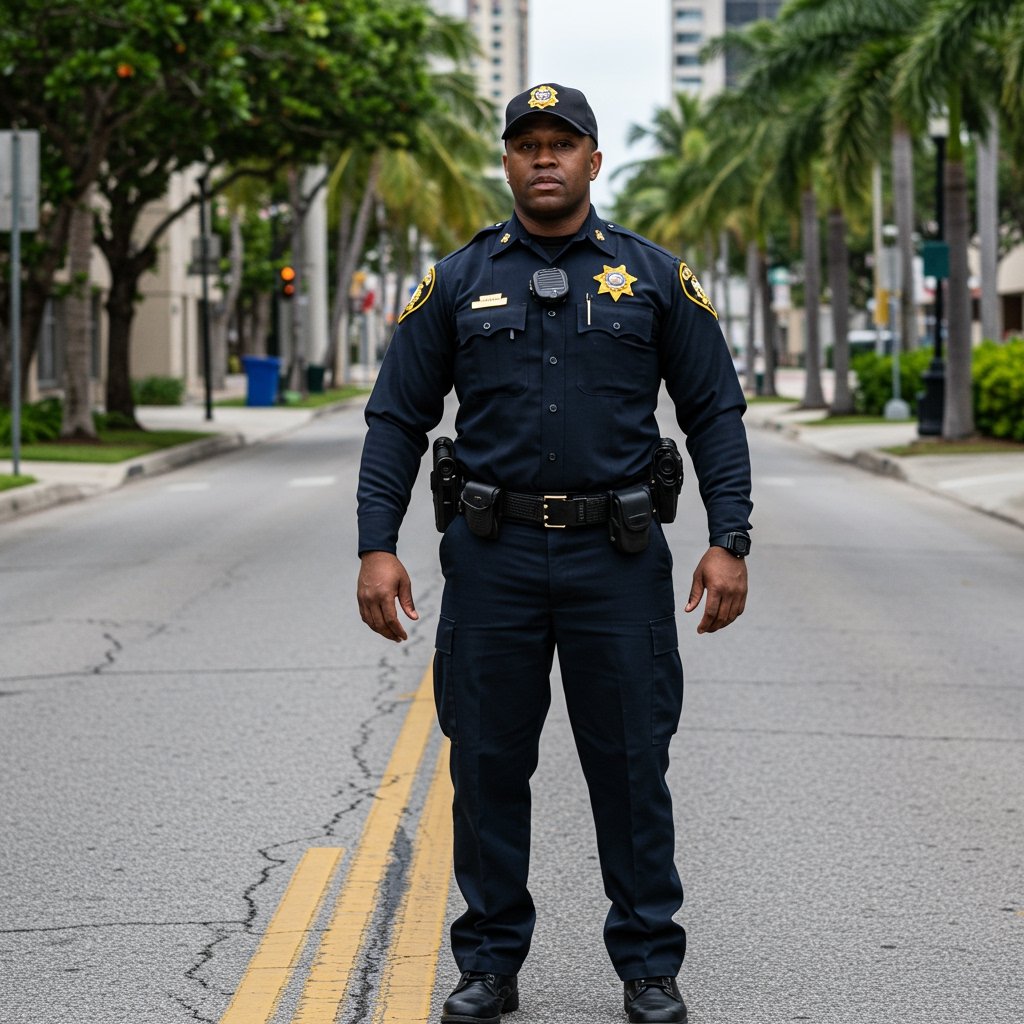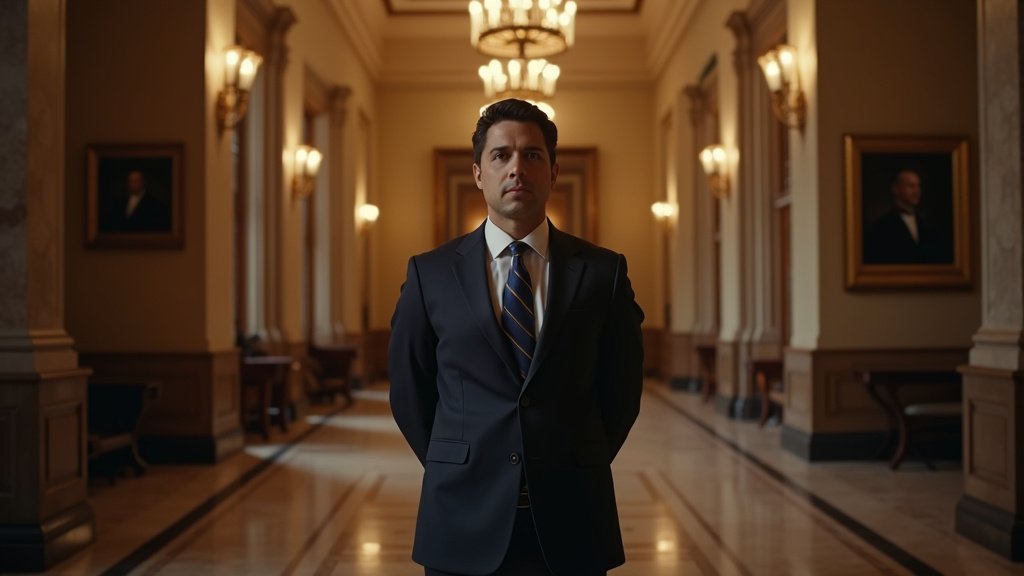MIAMI, FL – In a move poised to significantly alter local law enforcement’s role in immigration matters, the Miami City Commission voted on Tuesday, June 18, 2025, to approve a key agreement with the federal government. The decision grants the Miami Police Department the authority to act as immigration enforcement officials, a function typically reserved for federal agencies.
The Vote and the Agreement
The 3-2 vote formally adopted the agreement, officially known as the 287(g) Task Force Model agreement. This federal program, administered by U.S. Immigration and Customs Enforcement (ICE), deputizes selected local law enforcement officers to identify, process, and in some cases, detain individuals who violate federal immigration laws. Proponents argue the program enhances public safety by allowing for the identification and removal of undocumented individuals who have committed crimes, while critics express concerns about potential racial profiling, erosion of community trust, and entanglement of local police in federal civil matters.
The vote followed a period of heavy public scrutiny and intense discussion among commissioners and city officials during the meeting.
Context in Florida
Miami’s decision places it alongside other major Florida cities that have recently entered similar collaborations with federal officials on street-level immigration enforcement. Notably, major Democratic cities like Orlando and Jacksonville have also moved to adopt 287(g) or similar agreements, signaling a broader trend within the state.
This local action aligns with a statewide initiative championed by Governor Ron DeSantis, which seeks to promote robust immigration enforcement across Florida. The governor has publicly supported measures that empower local authorities to cooperate more closely with federal immigration agencies.
Debate and Legal Concerns
The commission meeting included lengthy discussions regarding the potential implications of the agreement, including a notable exchange involving City Attorney George Wysong and Miami Police Chief Manuel Morales. Their discussion specifically addressed the possibility of potential lawsuits from the state if the city had chosen to reject the agreement. This detail underscores the political pressure felt by local municipalities in Florida concerning immigration policy.
District 3 Commissioner Joe Carrollo, whose district includes the heavily Cuban-American neighborhood of Little Havana, was a vocal proponent of the agreement. Carrollo stated during the meeting that “the city needed to address the issue directly,” indicating a belief that local action was necessary to manage immigration-related challenges.
Implications and Future
The implementation of the 287(g) agreement means that selected Miami Police officers will undergo training to enforce federal immigration laws. While the Task Force Model primarily focuses on identifying individuals encountered during routine law enforcement activities (like traffic stops or misdemeanor arrests), the potential impact on Miami’s diverse immigrant population remains a subject of debate and concern among community advocates.
Opponents of the agreement argue it could lead to increased fear within immigrant communities, potentially making individuals less likely to report crimes or cooperate with police. Supporters reiterate the program’s focus on public safety and enforcing federal law.
The decision by a slim majority of the Miami City Commission marks a significant policy shift, formally integrating local police into the complex and often contentious realm of federal immigration enforcement. As Miami joins Orlando, Jacksonville, and other localities in adopting such measures, the practical effects on communities, law enforcement operations, and civil rights within the state will be closely watched.





